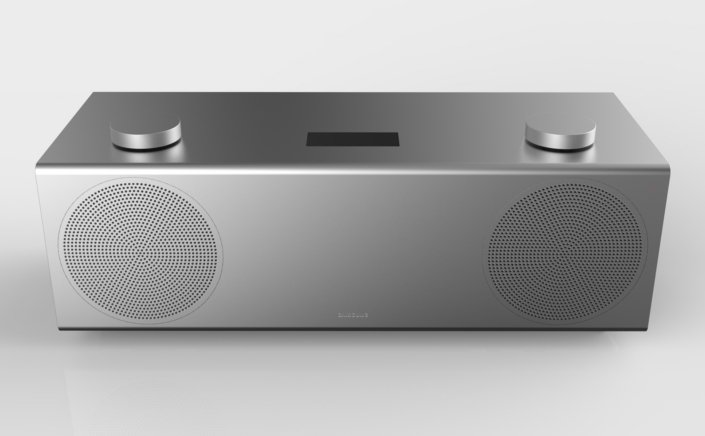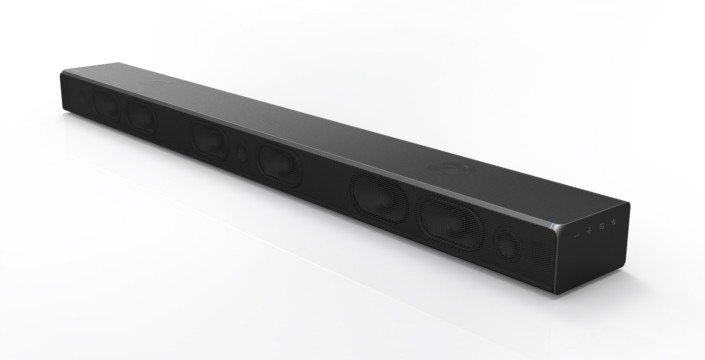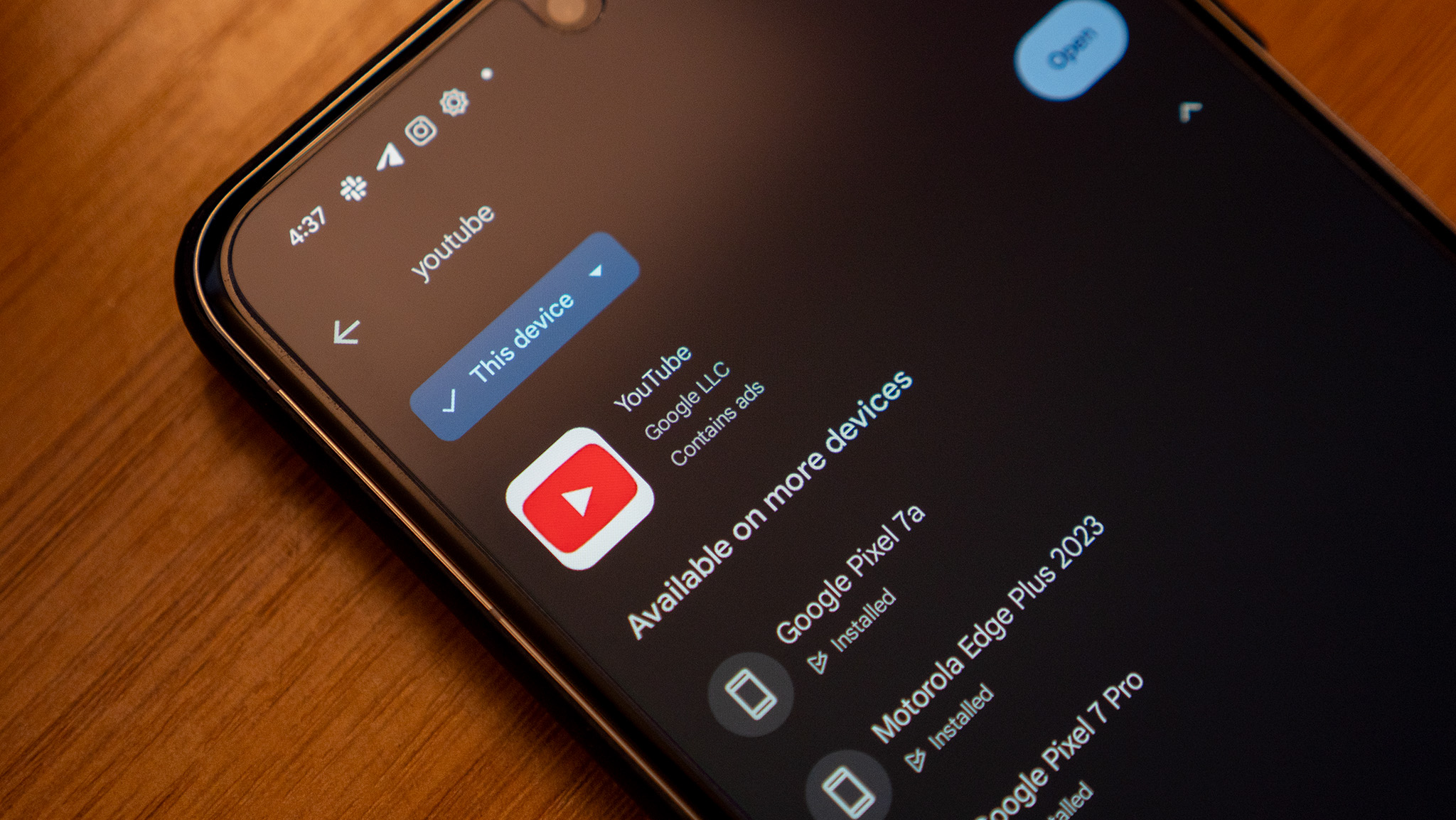Samsung's upcoming wireless speaker will use algorithms to digitally upscale audio

Get the latest news from Android Central, your trusted companion in the world of Android
You are now subscribed
Your newsletter sign-up was successful
Samsung has announced that it will show off its proprietary audio upscaling technology next week at CES. Called Ultra-High Quality (UHQ) audio, Samsung's technology takes 8-bit to 24-bit audio signals and upscales them to 32-bit output on both wired and wireless connections.
Samsung says that in doing so, it is able to deliver "rich sound that brings each note to life with incredible clarity."
Samsung's UHQ audio tech is making its debut in the H7 Wireless Speaker, a hi-fi speaker with a sleek brushed metal finish. The speaker has two control knobs — one to adjust volume and the other to select playlists from your streaming service of choice.

Samsung will also reveal the MS750 Soundbar, which is the company's "first soundbar to embed subwoofer performance directly into the primary unit." The soundbar also supports UHQ audio. Rounding things off is the M9500 UHD Blu-ray Player, an HDR-enabled Blu-ray player that automatically optimizes video and audio according to the content source.
Along with UHQ audio, Samsung will undoubtedly showcase a slew of SUHD TVs at the trade show next week.
Get the latest news from Android Central, your trusted companion in the world of Android

Harish Jonnalagadda is Android Central's Senior Editor overseeing mobile coverage. In his current role, he leads the site's coverage of Chinese phone brands, networking products, and AV gear. He has been testing phones for over a decade, and has extensive experience in mobile hardware and the global semiconductor industry. Contact him on Twitter at @chunkynerd.
